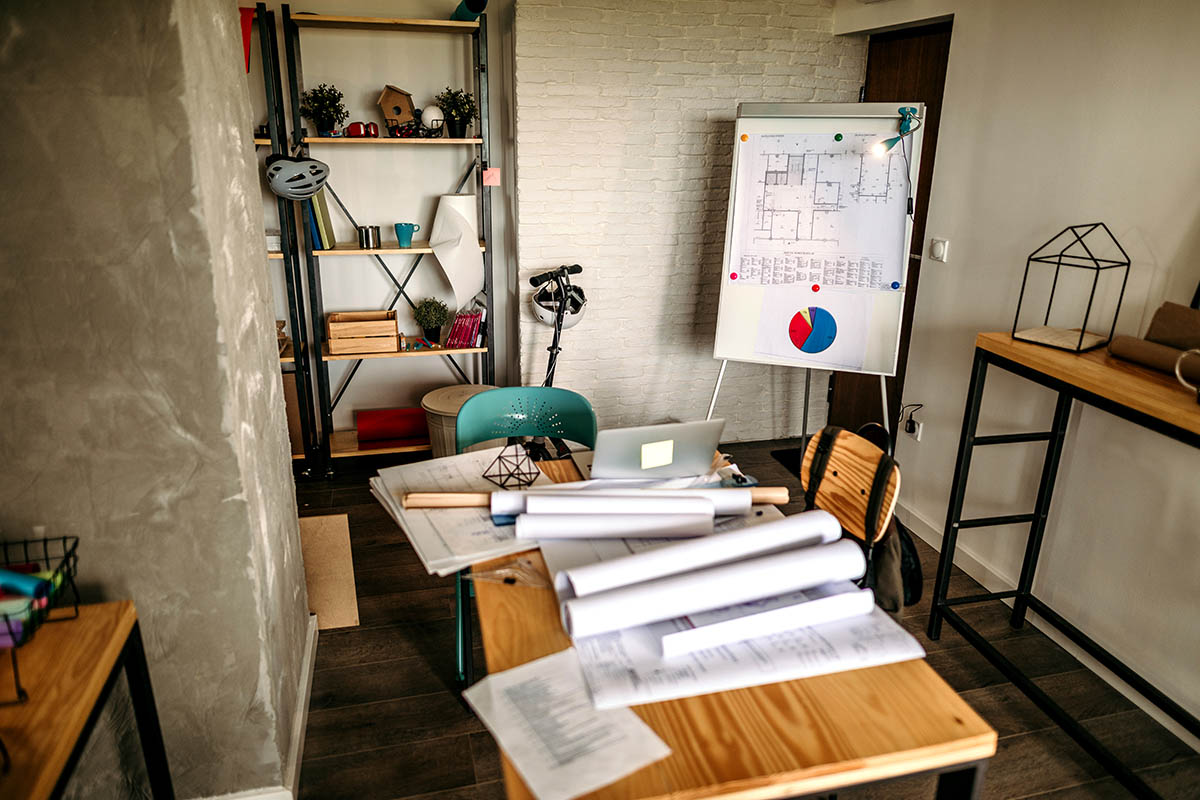
Working freelance or as an independent contractor has its benefits. One of which is working from home. As AU alumni, the ability to focus and work effectively from home was honed throughout the course of my degree. It means that some mornings I start work while still in my pj’s, I can eat breakfast at my desk, I can break for lunch when I am hungry (or I realize I have blown by noon only because my stomach is growling), it means that if one of my dogs is sick or hurts himself I can monitor him and make sure he heals quickly.
There are many perks to being able to work from home and I love that I have found a way to do that, doing jobs that I love. But working freelance has its downsides too. Beyond the usual, you don’t know what your income is going to be month to month, which can make it hard to create a budget. There are also extra responsibilities that come with working in this manner.
Working freelance means that you need to be responsible for your own taxes. That means, tracking your expenses, as well as your income. When you get your first freelance job it can be easy to brush it off as “not that much money” and ignore the tax side of things but if you are hoping to grow this into a career then this is something you need to consider from day one.
If you purchase notebooks, pens, desktop calculator, anything that is directly related to the work you are doing then these receipts need to be saved and filed. You also need to track your monthly income and you should deduct taxes from yourself –worst case scenario if you overtax yourself is that you have an extra lump of money in a savings account. When you are working for yourself you need to be aware of your income tax bracket and you need to set that money aside, because when tax season comes around and you’re handed a bill it is too easy to dig yourself into a hole. If you don’t pay off that first income tax amount, and you spend the next year paying for it, when the next tax season comes around you are (again) not going to have enough saved, because what you would have saved was spent paying off the previous year—so save yourself a headache and put 15%-30% into a savings account.
Aside from the income tax side of things working from home can be as challenging as it is rewarding. There is no set time-frame for when you are working. It might mean that long weekends lose their meaning and you end up working on labour day instead of fishing on the river. It means making sacrifices when you don’t always want to because reputation and being reliable is important to establish from day one, and meeting deadlines is critical. If you make a positive reputation for yourself within the industry then you will find that you will be recommended for more work.
It is important, though, to know where to draw the line. This idea of crafting a reputation and having quick turn around times with quality work is important, but it is also important to know when to take some time off. It is important to find balance and not run yourself into the ground—which is far too easy to do when you work from home. When I worked an office job, when I got home it was off-time. Regardless of what work needed to be done, that was left at the office and it would be ready when I got back in in the morning. With freelance, though, the office is home and it always feels like you can put in just a few more minutes, do just one more thing, but before you know it, the sun has set and you’ve lost your evening.
Working as an independent contractor, or freelance is very rewarding. You get out of it when you put into it. The more you work, the more you make, and it is a pretty amazing feeling to know that you are able to craft a living for yourself in this fashion. To get the best out of this career you have worked so hard for you need to remember to find balance in the day to day, to give yourself some grace, and never forget about the Canada Revenue Agency (because they won’t forget about you.)
